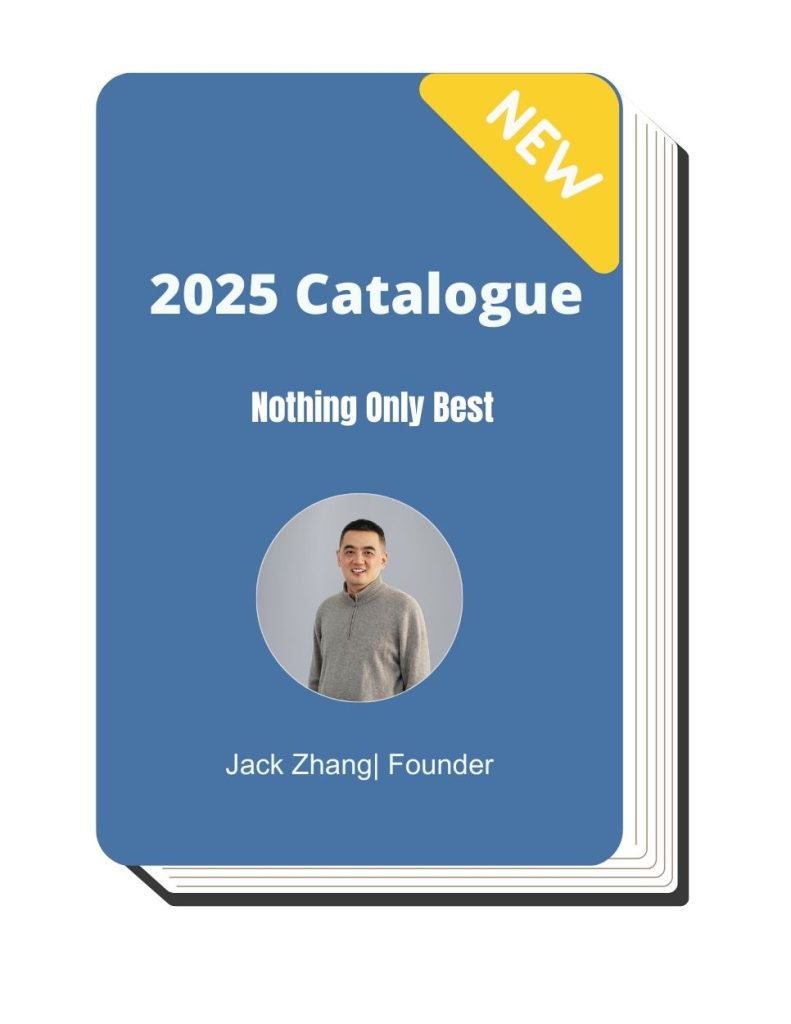Processing Material
Blue Elephant CNC machines deliver high-quality results across diverse materials, ensuring smooth cutting, fine engraving, and efficient machining to meet various industry needs.
Aluminum Composite Panel
CNC machines are widely used for processing aluminum composite panels (ACP), enabling cutting, grooving, drilling, and shaping for applications such as custom signage, architectural facades, and decorative wall panels. Known for its lightweight and durable properties, ACP is commonly used in building exteriors, curtain walls, interior walls, ceilings, and advertising displays.
With advantages such as cost efficiency, durability, smooth surface finish, and recyclability, ACP is easy to process using CNC routers. These machines ensure high precision, fast speeds, and clean cutting quality, allowing for efficient production without the need for additional finishing. CNC technology enhances productivity in ACP manufacturing, making it a key tool in construction, advertising, and industrial design.
Magnesium Oxide Board
CNC machines are widely used for processing magnesium oxide (MGO) boards, enabling cutting, slotting, and shaping for applications such as wall panels, architectural features, and decorative moldings. Known for its fire resistance, moisture resistance, and high strength, MGO board is a durable alternative to gypsum board, cement board, and plywood in construction.
MGO boards are commonly used in walls, ceilings, floors, fire doors, and exterior cladding, providing thermal insulation, sound absorption, and corrosion resistance. They are widely applied in hotels, malls, restaurants, hospitals, office buildings, and residential spaces.
CNC routers ensure high-precision cutting and efficient processing of MGO boards. By selecting the right CNC router bits or using machines equipped with dual saw blades, manufacturers can achieve clean, fast, and precise cuts. Automated loading and unloading systems further improve production efficiency, reducing labor costs and streamlining manufacturing.
Paper
CNC machines are widely used in paper processing, enabling precise cutting and engraving for tableware, stationery, packaging, and decorative products. Common applications include greeting cards, invitation cards, and artistic paper designs, where intricate patterns and custom shapes enhance visual appeal.
With automated operation and high cutting precision, CNC routers efficiently process corrugated paper, cardboard, and specialty paper while ensuring smooth edges and minimal material waste. Unlike traditional methods, CNC engraving does not cause tool wear or deformation, maximizing material utilization and production efficiency.
By integrating high-speed processing and automation, CNC technology improves design flexibility, production accuracy, and sustainability, making it an essential tool in modern paper manufacturing.
Double Color Plate
CNC machines are widely used for processing double color plates, enabling precise cutting, engraving, and shaping for applications such as signage, custom awards, decorative panels, and promotional products. Known for its flexibility and stable size, double color plates are commonly used in building decoration, advertising, exhibition displays, and road sign production.
By utilizing computer numerical control, CNC routers accurately engrave intricate patterns and text on double color plates, ensuring clean edges and consistent results. The specialized tools are designed to handle flexible materials, allowing for high-speed, automated processing with minimal waste.
With customizable settings and high precision, CNC routers provide efficient and reliable solutions for manufacturers working with double color plates, making them an essential tool in modern signage and decoration industries.
Rubber
CNC machines are widely used in rubber processing, enabling precise cutting and engraving for gaskets, seals, flexible molds, and automotive components. Rubber materials are commonly used in industrial production, commercial applications, and custom manufacturing, making CNC technology essential for achieving high precision and efficiency.
By automating the design, signal transmission, and cutting process, CNC routers can engrave rubber with varying depths and intricate details. The specialized engraving software optimizes settings for rubber processing, ensuring fast production, minimal material waste, and consistent results.
With high efficiency, precision, and automation, CNC routers streamline rubber processing, making them ideal for manufacturing rubber stamps, EVA sheets, signage, footwear, coasters, and decorative crafts.
Fabric
Laser cutting machines are widely used in fabric processing, enabling precise cutting for custom garments, intricate lace designs, and decorative home textiles. This technology ensures high precision and efficiency while minimizing material waste, making it a preferred choice over traditional fabric cutting methods.
Compared to conventional techniques, laser cutting offers greater flexibility, accuracy, and design complexity. Traditional fabric processing often involves long production cycles, high costs, and difficulty in handling intricate geometric shapes. In contrast, laser cutting allows for automated, non-contact processing, achieving sharp details, smooth edges, and consistent quality with minimal manual intervention.
Beyond textiles, laser cutting machines can process shoe materials, leather goods, suitcases, and handbags, making them an essential tool in modern fashion and upholstery manufacturing.
Acrylic
CNC routers and laser cutting machines are widely used for acrylic processing, including cutting, engraving, marking, and milling. These methods ensure high precision and smooth finishes, making them suitable for signage, advertising displays, decorative panels, and industrial components.
Acrylic materials vary in thickness, purity, and composition, requiring different CNC machines to achieve optimal results. Laser cutting provides polished edges and intricate detailing, while CNC routers enable depth-controlled engraving and structural shaping. Acrylic processing enhances surface hardness, uniform light distribution, and durability.
Due to its versatility and resistance to yellowing, acrylic is widely used in shop windows, illuminated signs, display stands, bathroom fixtures, decorative lighting, and architectural elements, making CNC technology an essential tool in acrylic fabrication.
Aluminum
CNC routers are widely used in aluminum processing, enabling cutting, engraving, drilling, and milling for applications such as custom brackets, toolboxes, and automotive parts. Their precision and efficiency help manufacturers reduce production time and material waste while meeting high industry demands.
Aluminum is a key material in metal fabrication, commonly used to produce sheets, hollow doors and windows, handrails, screens, and decorative elements. These products are widely applied in building exteriors, interior decorations, transportation hubs, and commercial spaces. With the right CNC router bits, machines can perform multiple aluminum processing tasks, ensuring clean cuts and detailed engravings.
A 3-axis CNC router is ideal for flat cutting, engraving, and milling, while 4-axis and 5-axis CNC machines handle complex 3D milling and engraving. Using the correct tooling, such as single-edged milling cutters or multi-flute bits, optimizes cutting speed and prevents material buildup, improving efficiency and precision in aluminum fabrication.
Foam
CNC foam routers are essential for processing EPS and foam materials, offering precision, efficiency, and versatility across multiple industries. Their large working areas and rapid processing speeds make them particularly effective for creating detailed and large-scale designs.
In mold manufacturing, foam CNC machines are used for automotive, locomotive, ship, and aviation molds, as well as alternative materials like MDF, aluminum plate, paraffin, and plaster. They also play a role in producing electronic casings, lighting fixtures, ceramic molds, and home appliance components, handling complex 3D curved surfaces and structural elements with ease.
With automated operation and high-speed cutting capabilities, CNC foam technology improves production efficiency and design accuracy, making it a preferred tool for industries requiring lightweight and intricate mold production.



